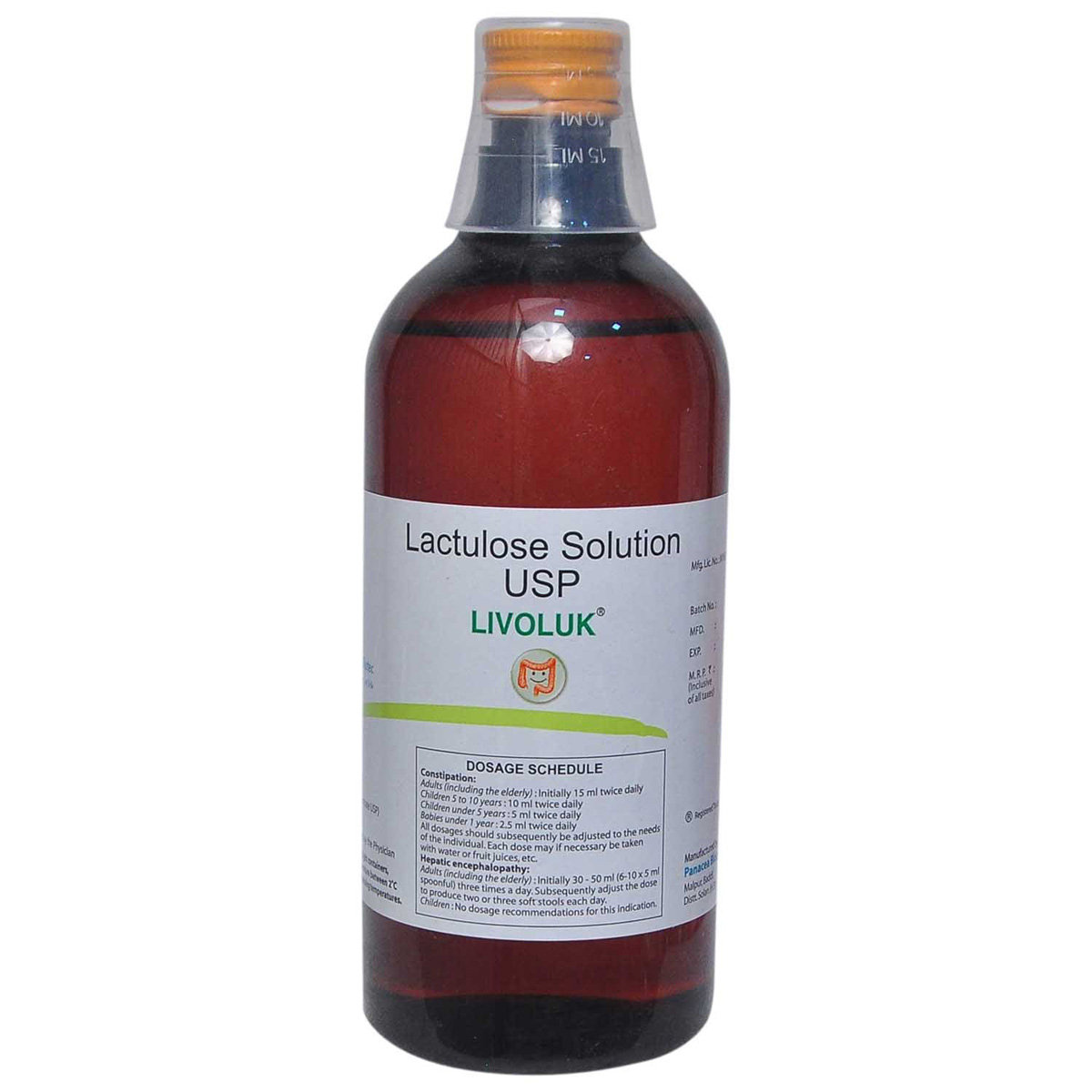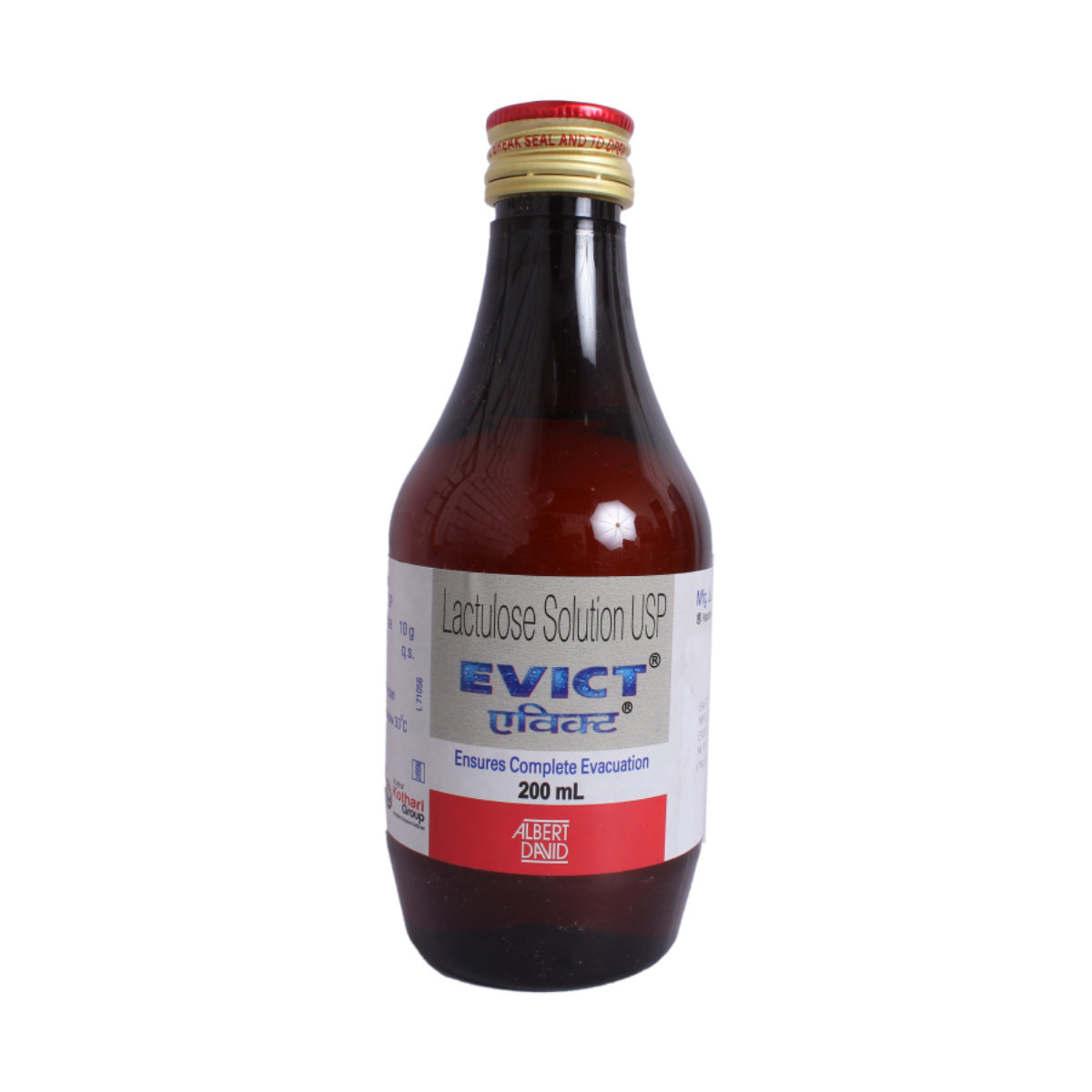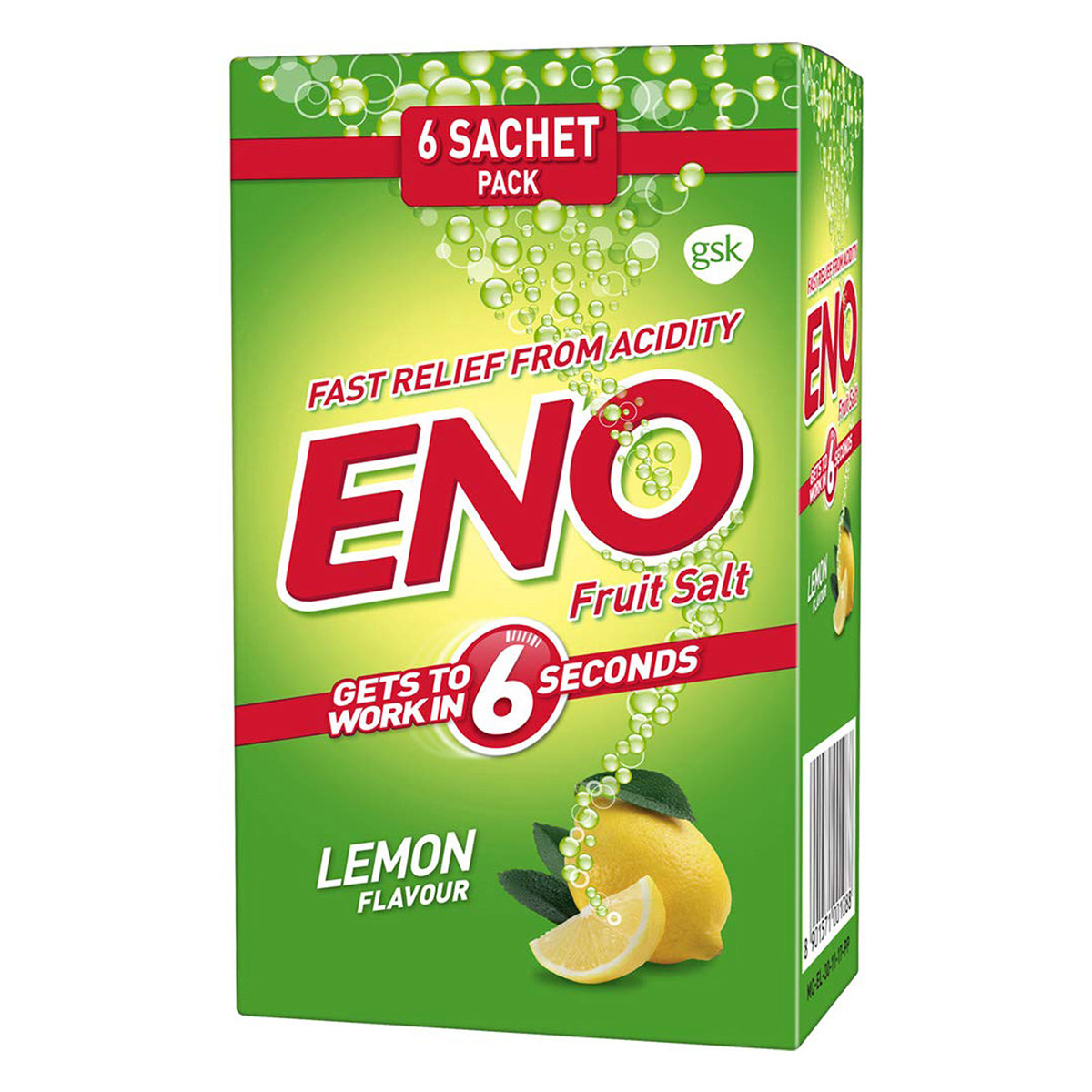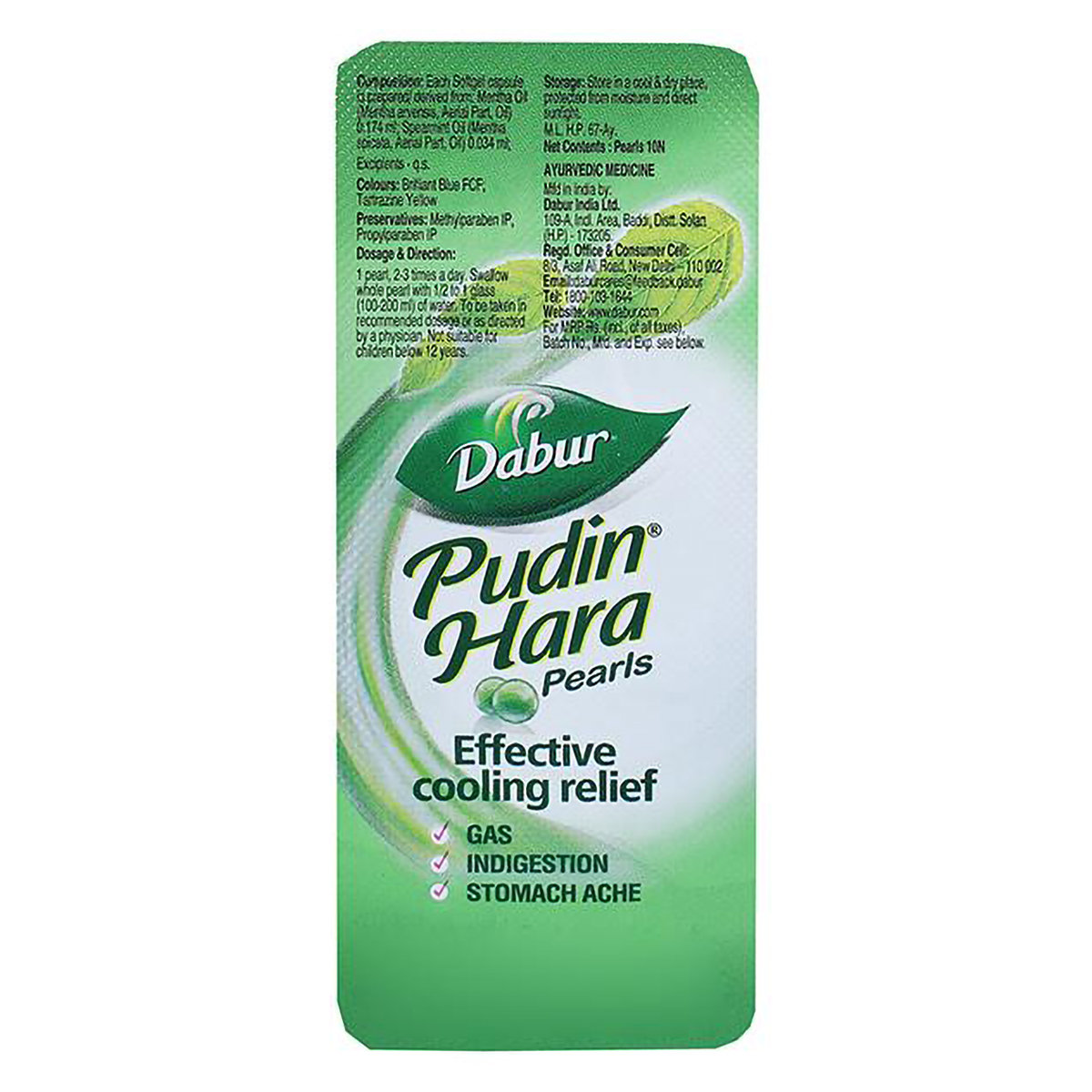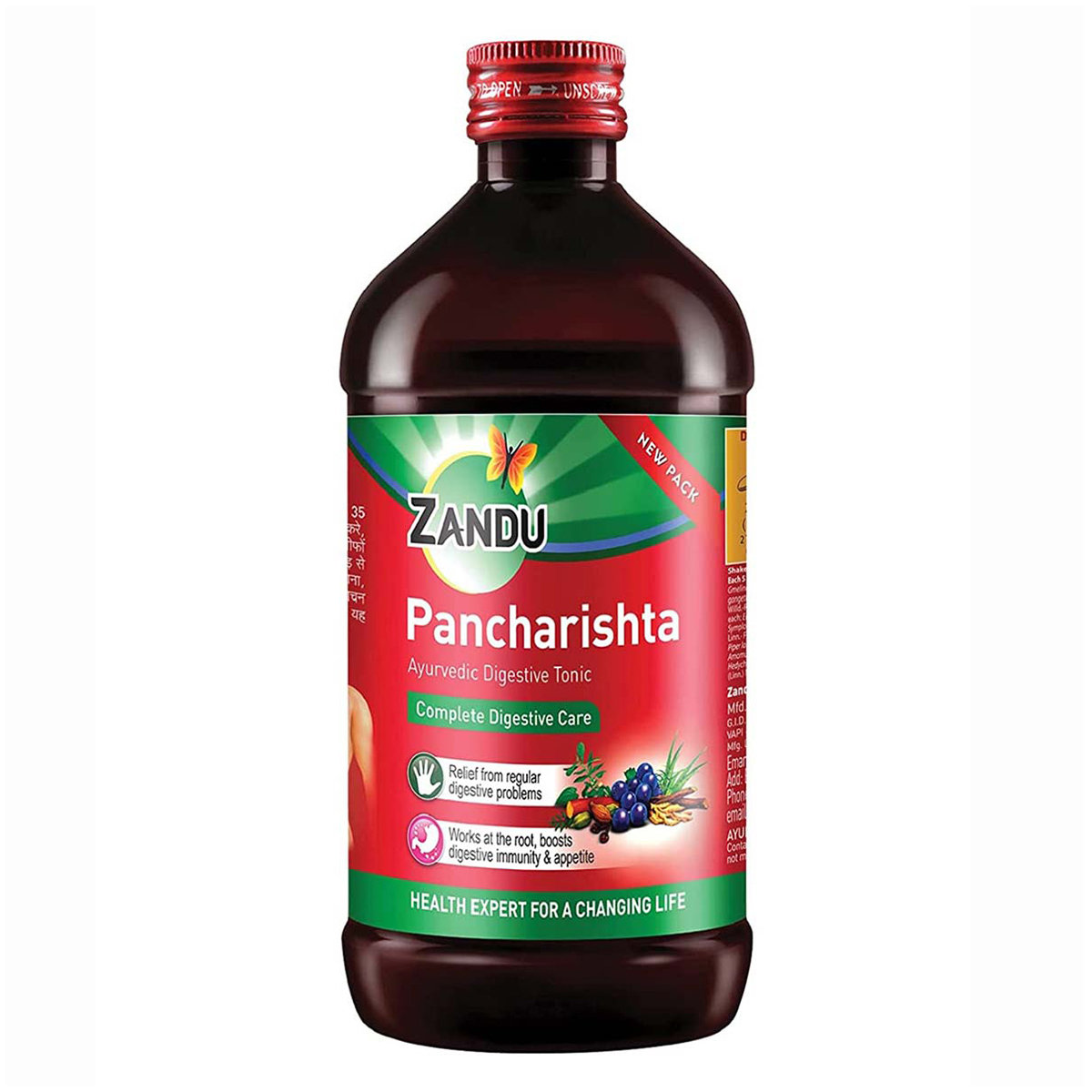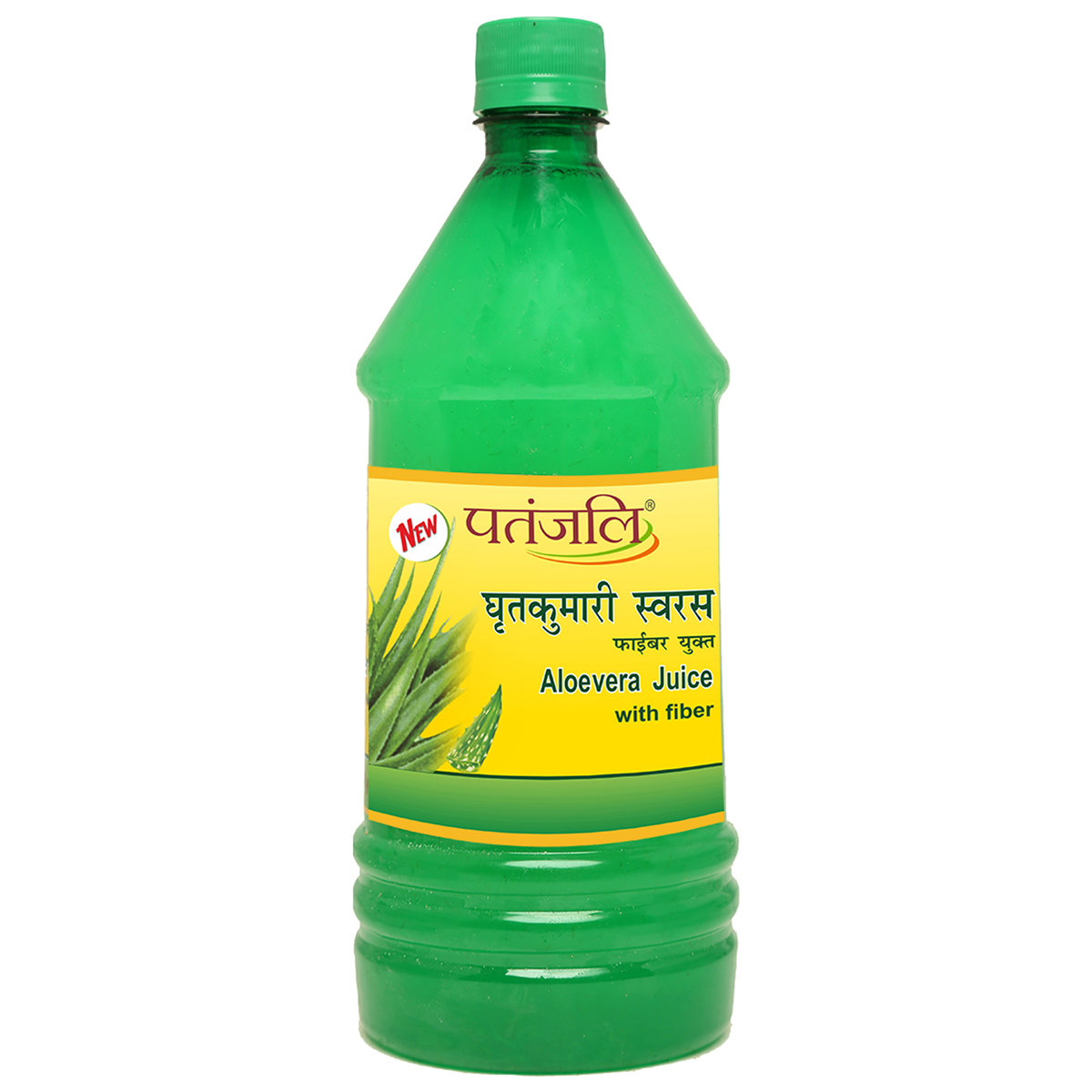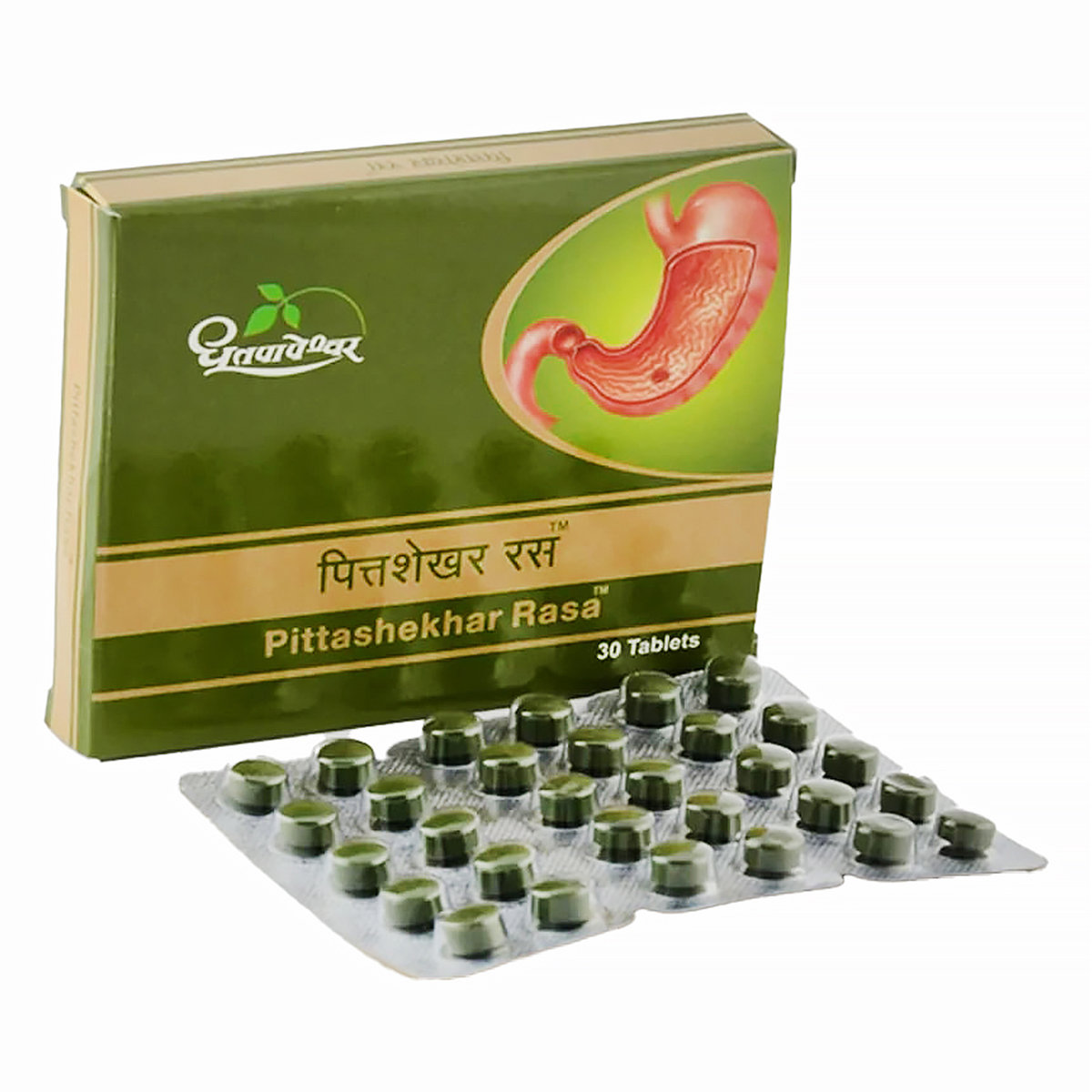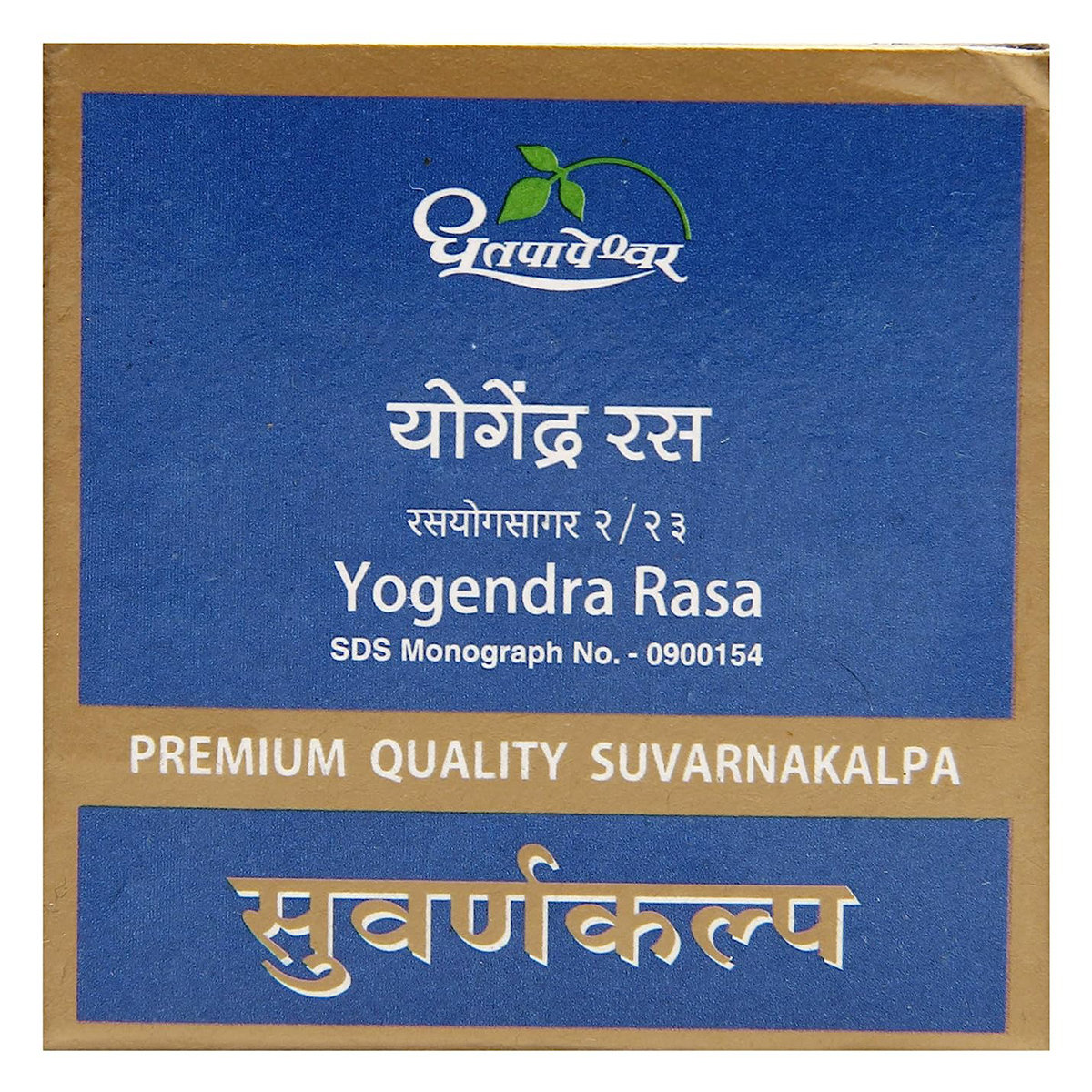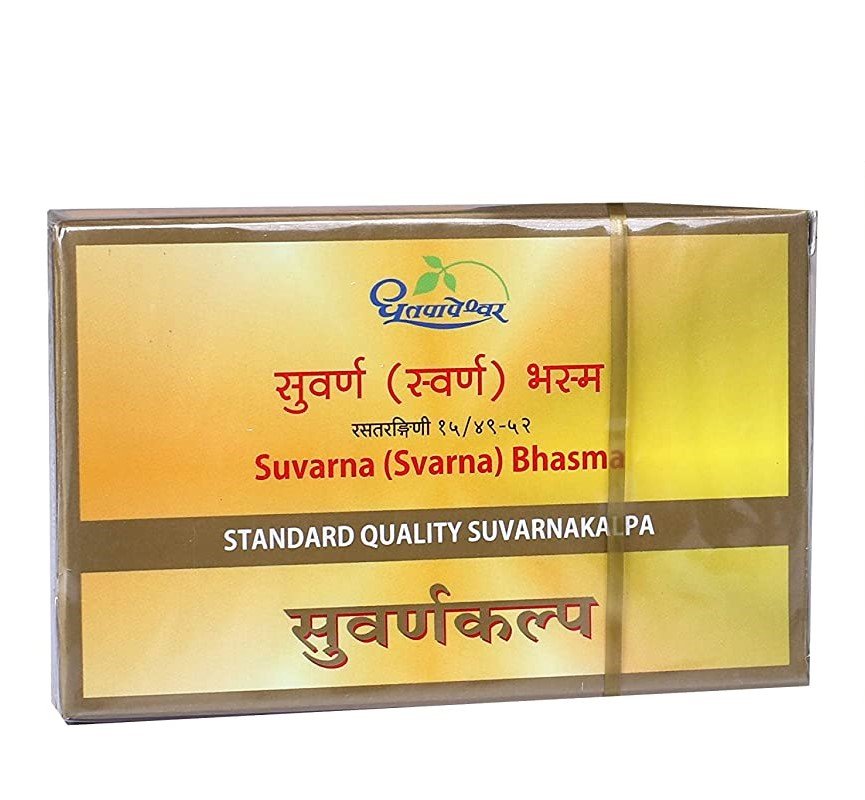Osolac Solution
MRP ₹129
(Inclusive of all Taxes)
₹19.4 Cashback (15%)

Available Offers
Therapeutic Class
Author Details
We provide you with authentic, trustworthy and relevant information
Drug-Drug Interactions Checker List
- FUROSEMIDE
- DOCUSATE
- POLYETHYLENE GLYCOL
- QUETIAPINE
- ONDANSETRON
Drug-Drug Interactions
Drug-Drug Interactions
Login/Sign Up
Drug-Food Interactions
Drug-Food Interactions
Login/Sign Up
Drug-Diseases Interactions
Drug-Diseases Interactions
Login/Sign Up
Drug Warnings
Do not take Osolac Solution if you are allergic to any of its contents, if you have galactosaemia (galactose indigestion disorder), galactose or fructose intolerance, glucose-galactose malabsorption, Lapp lactase deficiency, intestinal blockage, or digestive perforation. Inform your doctor if you are unable to digest lactose/lactose intolerant, have diabetes, irritable bowel syndrome, or if you are due to undergo a colonoscopy. Consult your doctor before taking Osolac Solution if you are pregnant or breastfeeding. Chronic use of unadjusted doses or misuse of Osolac Solution may cause diarrhoea and electrolyte imbalance, therefore take it only as advised by the doctor.
Side Effects of Osolac Solution
- Diarrhoea
- Flatulence (wind)
- Abdominal pain
- Nausea
- Vomiting
Directions for Use
Medicinal Benefits Mweb
Key Benefits
Osolac Solution belongs to a group of medicines known as laxatives used to treat constipation. It works by drawing water into the bowel and makes the stool softer and easier to pass, thereby providing relief from constipation. Osolac Solution helps in normalizing bowel movements. Osolac Solution also helps in the growth of good gut bacteria which help in proper digestion. Osolac Solution is also used to treat hepatic encephalopathy. It works by reducing the amount of ammonia in the blood of patients with liver disease by drawing ammonia from the blood into the colon, thereby facilitating the removal of toxins from the body.
Uses of Osolac Solution
About Osolac Solution
Osolac Solution belongs to the group of medicines called laxatives used to treat constipation. Osolac Solution is also used to treat hepatic encephalopathy. Constipation refers to infrequent bowel movements in which the stools are often dry, painful and hard to pass. Hepatic encephalopathy is a liver disease which causes the accumulation of toxic substances in the bloodstream which are normally removed by the liver.
Osolac Solution contains 'lactulose' which works by absorbing water from the body and into the bowel. This softens stools and makes it easier to pass. Besides this, it also reduces the amount of ammonia in the blood of patients with liver disease by drawing ammonia from the blood into the colon, thereby facilitating the removal of toxins from the body.
You are advised to take Osolac Solution for as long as your doctor has prescribed it for you, depending on your medical condition. In some cases, you may experience certain common side-effects such as diarrhoea, flatulence (wind), abdominal pain, nausea, and vomiting. Most of these side-effects do not require medical attention and will resolve gradually over time. However, you are advised to talk to your doctor if you experience these side-effects persistently.
Drink plenty of fluids (at least 6-8 glasses) while taking Osolac Solution . Consult your doctor before taking Osolac Solution if you are pregnant or breastfeeding. Osolac Solution should be given to children only if prescribed by a child specialist. Do not take Osolac Solution if you have galactosaemia (galactose indigestion disorder). Inform your doctor if you have diabetes, or if you are due to undergo a colonoscopy. Chronic use of unadjusted doses or misuse of Osolac Solution may cause diarrhoea and electrolyte imbalance, therefore take it only as advised by the doctor.
Online payment accepted
know your delivery time
Provide Delivery Location
Author Details
We provide you with authentic, trustworthy and relevant information
Therapeutic Class
All Substitutes & Brand Comparisons
RX
Out of StockGutlala Solution 200 ml
Neuten HealthCare
₹231
(₹1.04/ 1ml)
10% CHEAPERRX
Livoluk Oral Solution 450 ml
Panacea Biotec Ltd
₹569
(₹1.11/ 1ml)
4% CHEAPERRX
Evict Solution 200 ml
Albert David Ltd
₹258
(₹1.14 per unit)
1% CHEAPER
- Dehydration would need immediate medical attention if its severe where medical help can save you from crisis.
- In case the level of dehydration is from mild to moderate, drink plenty of water for an immediate relief.
- Seek a place where the surrounding temperature is less and try to stay away from heat and humidity.
- Lie down by keeping a cool and wet towel on your forehead to prevent high temperature in your body to avoid dehydration.
- Talk to your medical practitioner and use oral rehydrating salts to replace the lost salts from your body.

Have a query?
Verified Buyers Reviews
Side Effects
- Dehydration
If any of the above side effects continue or intensify, seek medical advice. Professional guidance may be necessary for appropriate care and treatment adjustments.
Buy best Gastro Enterology products by
Abbott India Ltd
Sun Pharmaceutical Industries Ltd
Alkem Laboratories Ltd
Cipla Ltd
Torrent Pharmaceuticals Ltd
Intas Pharmaceuticals Ltd
Mankind Pharma Pvt Ltd
Lupin Ltd
Dr Reddy's Laboratories Ltd
Aristo Pharmaceuticals Pvt Ltd
Alembic Pharmaceuticals Ltd
Wallace Pharmaceuticals Pvt Ltd
La Renon Healthcare Pvt Ltd
Leeford Healthcare Ltd
Macleods Pharmaceuticals Ltd
J B Chemicals & Pharmaceuticals Ltd
Zydus Healthcare Ltd
Micro Labs Ltd
Zydus Cadila
Fourrts India Laboratories Pvt Ltd
Morepen Laboratories Ltd
Zuventus Healthcare Ltd
FDC Ltd
Eris Life Sciences Ltd
Cadila Pharmaceuticals Ltd
Medishri Healthcare Pvt Ltd
Alniche Life Sciences Pvt Ltd
Medley Pharmaceuticals Ltd
Tas Med India Pvt Ltd
Signova Pharma
Tablets India Ltd
Elder Pharmaceuticals Ltd
Wockhardt Ltd
Emcure Pharmaceuticals Ltd
Sanatra Healthcare Ltd
Glenmark Pharmaceuticals Ltd
Blue Cross Laboratories Pvt Ltd
East West Pharma India Pvt Ltd
Hetero Drugs Ltd
Indoco Remedies Ltd
Vasu Organics Pvt Ltd
Biological E Ltd
Primus Remedies Pvt Ltd
Akumentis Healthcare Ltd
Corona Remedies Pvt Ltd
Pfizer Ltd
Albert David Ltd
DR Johns Lab Pharma Pvt Ltd
Ajanta Pharma Ltd
Cadila Healthcare Ltd
Ipca Laboratories Ltd
Ordain Health Care Global Pvt Ltd
Systopic Laboratories Pvt Ltd
Ozone Pharmaceuticals Ltd
Foregen Healthcare Ltd
Medgen Drugs And Laboratories Pvt Ltd
Panacea Biotec Ltd
Samarth Life Sciences Pvt Ltd
Shine Pharmaceuticals Ltd
Adonis Laboratories Pvt Ltd
Dey's Medical Stores (Mfg) Ltd
Eskag Pharma Pvt Ltd
Hetero Healthcare Pvt Ltd
Indchemie Health Specialities Pvt Ltd
Meyer Organics Pvt Ltd
RPG Life Sciences Ltd
Troikaa Pharmaceuticals Ltd
Biochem Pharmaceutical Industries Ltd
Shreya Life Sciences Pvt Ltd
Sinsan Pharmaceuticals Pvt Ltd
3M India Ltd
Chemo Healthcare Pvt Ltd
Levin Life Sciences Pvt Ltd
Meridian Enterprises Pvt Ltd
Overseas Health Care Pvt Ltd
Saf Fermion Ltd
Sanzyme Pvt Ltd
Steris Healthcare
USV Pvt Ltd
Seagull Pharmaceutical Pvt Ltd
Votary Laboratories (India) Ltd
Win Medicare Ltd
Yuventis Pharmaceuticals
Aar Ess Remedies Pvt Ltd
Caplet India Pvt Ltd
Piramal Enterprises Ltd
Sanofi India Ltd
Cnx Health Care Pvt Ltd
Galpha Laboratories Ltd
Intra Labs India Pvt Ltd
Kinesis Pharmaceuticals Pvt Ltd
Msn Laboratories Pvt Ltd
Olcare Laboratories Pvt Ltd
Rapross Pharmaceuticals Pvt Ltd
Ronyd Healthcare Pvt Ltd
Saffron Therapeutics Pvt Ltd
Solariz Healthcare Pvt Ltd
Syndicate Life Sciences Pvt Ltd
Aurz Pharmaceutical Pvt Ltd
Biophar Lifesciences Pvt Ltd
Customers Also Bought


_0.jpg?tr=q-85)



